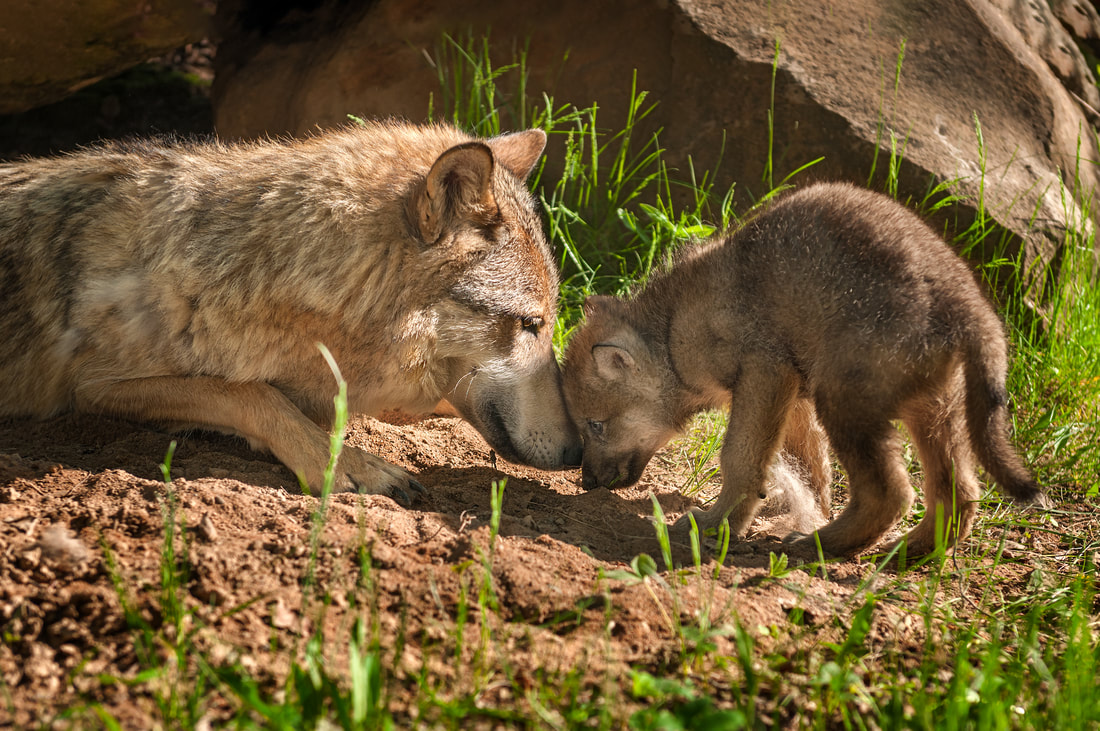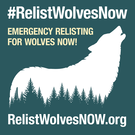Northern Rockies Wolves
Need Our Help Now
Secretary Haaland Needs to Protect Wolves
Relist Wolves Now
Relist Wolves Now Short
#RelistwolvesNOW
#RelistIDWolves
#RelistMTWolves
#RelistWYWolves
#RelistIDWolves
#RelistMTWolves
#RelistWYWolves


